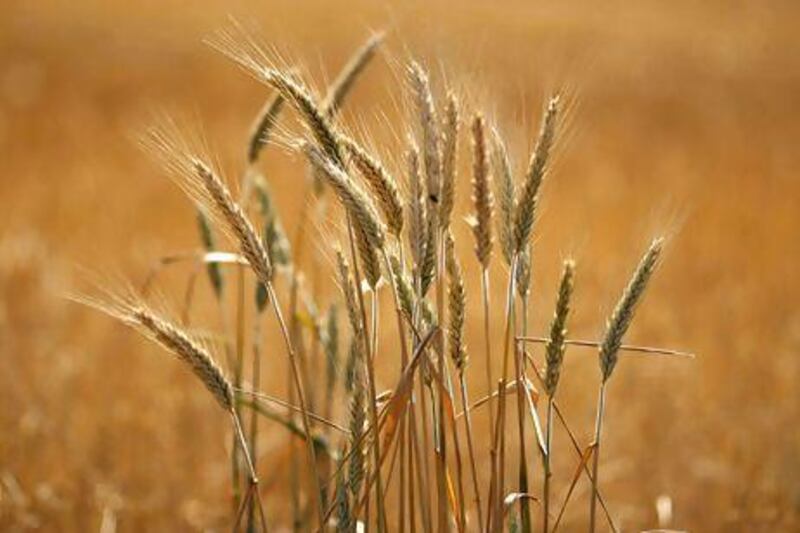Australia has sent its biggest trade delegation to the Emirates on a mission to grab a bigger slice of the country's burgeoning foreign trade in food - worth nearly Dh80 billion (US$21.7bn) in 2011.
More than 170 companies from the state of Victoria are visiting the country in a bid to bag contracts in food, tourism, education and other areas.
The visit follows a trip last year in which companies from the state secured A$240million (Dh909m) of projected exports to the region over the next two years.
Australian exports to the UAE reached A$2.2bn in 2011, up 11 per cent from the year before.
"The Gulf Cooperation Council trade bloc is one of the largest destinations for Victoria's commodities exports, valued at US$2.1bn in 2011-2012 and Victoria's food products such as dairy, meat and live animals contribute to food exports valued at approximately $670m in 2011-12," said Louise Asher, the minister for innovation, services and small business, and minister for tourism and major events in Victoria.
Victoria, Australia's largest food exporter, is a key supplier of meat, livestock, wheat and dairy products to the region, a net importer of most food goods.
The UAE is the largest market for Victorian beef and other meat, accounting for A$86m in exports. More than 70 of the state's food and beverage companies are attending the Gulfood event, which starts in Dubai today, 20 more than the number of two years ago.
The size of the delegation reflects the growing importance of food imports to the UAE economy. During the past five years, the country's foodstuff foreign trade has grown 84 per cent to reach Dh295bn ($80.32bn), according to a report released yesterday from the Ministry of Foreign Trade. Imports account for two thirds of the total. Australia accounted for 15 per cent of the UAE's meat imports and 10 per cent of its grain imports in 2011, said the report.
Investors from the Arabian Gulf have also been eyeing tracts of land in Australia to secure future supplies of grain and cattle. Hassad Australia, a Qatari government-owned company, last year bought a A$9m cattle property in South Australia and is negotiating with farmers to buy more land, The Australian newspaper reported last week.
John Butler, Victoria's commissioner in the Middle East and North Africa, said the state, located in Australia's south-east corner, was open to the possibility of talks with Middle Eastern buyers about land sales.
But officials from the state are keen to widen exports into other areas.
"This year we have representations across nine different sectors including defence, equine, higher education and vocational education and training, food and beverage, agribusiness, tourism, marine, infrastructure and water," he said.
More than 30 of the companies are within the equine industry. Both Victoria and the UAE share a passion for horses and horse racing.
"Melbourne has a huge amount of expertise in the racing industry and a lot of horses are bred in Australia, especially endurance horses," he said.
"We are bringing the equine industry together and leading them to opportunities."
Toyota Camry vehicles remain the largest export to the UAE, with a plant in the state making the cars.
As well as the UAE, the delegation is also visiting Saudi Arabia, Qatar and Turkey.
"There are daily flights by Emirates, Eithad Airways and Qatar Airways direct from Melbourne to the Gulf which has presented significant trade and tourism opportunities between Victoria and the Middle East North Africa region," said Ms Asher.





